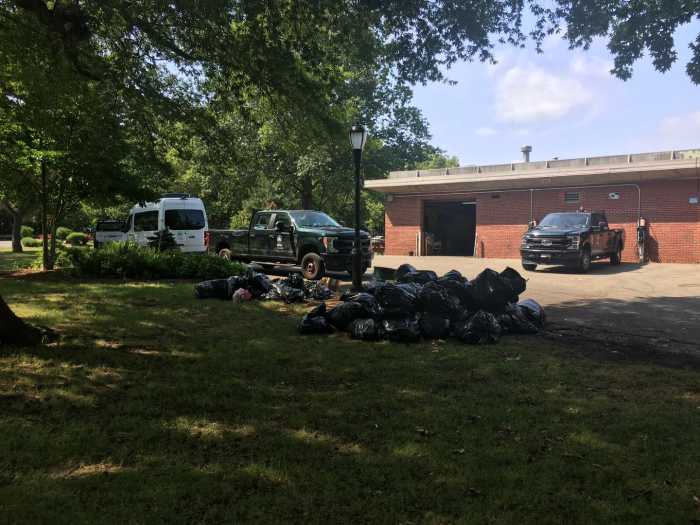By Leonard Quart
Eschewing the extreme left, only to be stopped cold by the new right
An old friend, who grew up in Texas, recently e-mailed me a letter asking me how my passion for politics evolved. It was a question that moved me to invoke some old memories.
I remember my eavesdropping on my father talking politics with male relatives and friends. It seemed to me the only subject that they discussed with each other. These men were neither activists nor political sophisticates, but they read the newspapers with great care, and my father was truly knowledgeable and astute about history.
I also had a white-haired leftist great aunt, overflowing with political opinions about civil rights and labor unions, who on her infrequent visits seemingly brought a worldliness and panache to our provincial Bronx milieu that I found extremely appealing. And I had neighborhood friends whose parents (small businessmen, garment workers, and even a doctor) belonged to Communist Party front organizations or were ex-party members.
My friends’ parents political talk ranged from loudly asserting the innocence of the Rosenbergs to anger at the treatment of African-Americans in the South. They also condemned America’s supposedly villainous role in the Cold War while they viewed Russia as a peace-loving nation. I listened to their conversation, and was moved (just as I was by my aunt) by their political passion and willingness to break from the political values most of the American public never questioned.
But I was never really attracted to the old left’s political outlook. I was alienated by their dogmatism, feeling that they always had a set of prescribed answers and rote arguments for every political issue. I was more strongly influenced by my father, who was a Labor Zionist and liberal anti-Communist. He had grown up in Russia in the years after the Revolution, and had no sympathy for that murderous regime.
When I got to City College, my liberalism became activated. I went on a Bayard Rustin-led civil rights march to Washington, took part in civil disobedience on the college campus, and joined a left/liberal student organization. But for all my interest in politics (I subscribed to the New Republic, and the then liberal Commentary, and devoured the New York Times), I was a bit of a snob, and thought most of the political people at college were philistines with conventional minds, and had little understanding that metaphysical and psychological issues were more important than political ones.
However, by the time I began teaching I took more seriously the need for political action to make the social order a more just one. It was the sixties. I took part in the antiwar movement, joined a national group of radical faculty members, but I spent most of my energies at my own college trying to shape what I thought would be a small revolution in higher education. Over time, my embrace of that period’s romantic leftism diminished too, and I saw the political world in a more nuanced manner. I was less given to simply dividing the world into the virtuous and the vicious. And I even began to rethink a number of liberal and left shibboleths about the nature of crime, poverty, and other social and political issues.
For all that, I remain a skeptical man of the left. And in this coming election, though I avoid positing conspiracy theories or ranting about a fascist takeover, my antipathy towards the Bush administration—one that embraces political as well as religious fundamentalism —has few bounds. You don’t have to believe that Kerry/Edwards are liberal saviors, to know that the choice in this election is a clear one. Until November, I have suspended my belief that politics are too ambiguous and complex to avoid being an extreme partisan.



































